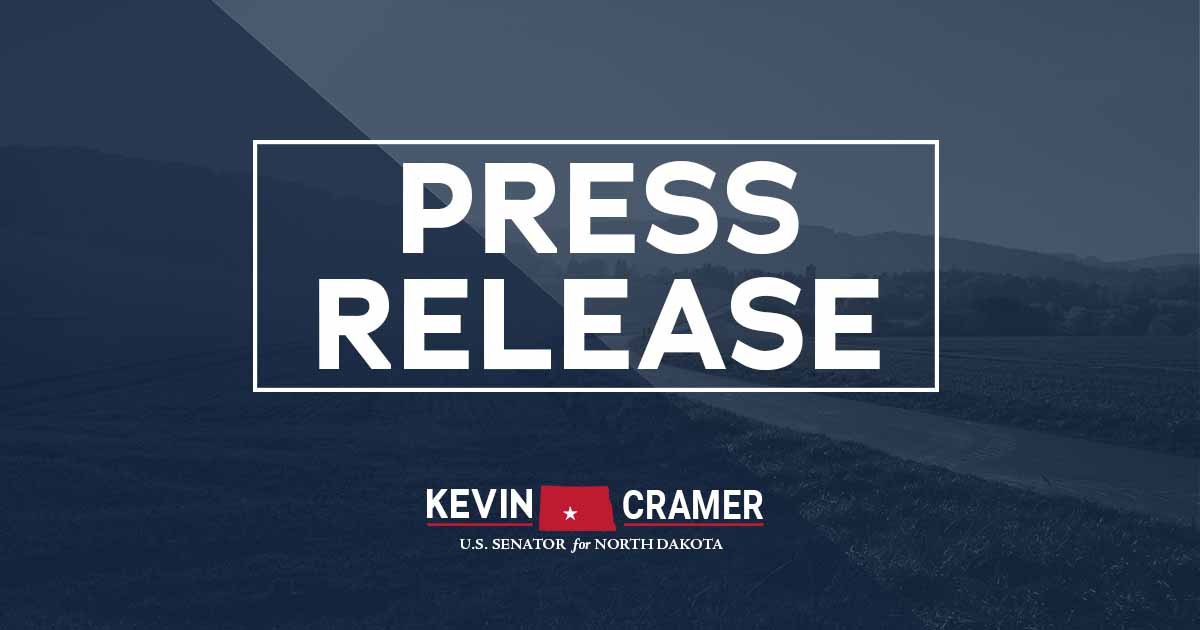Source: United States Senator Kevin Cramer (R-ND)
“Public officials have a duty to safeguard religious liberty,” wrote the senators. “Allowing New York’s mandate to remain as-is would serve as a dangerous precedent that may invite other authorities, motivated by their zeal to implement the latest public health guidance—or something else in the future—to disregard the fundamental rights of their citizens.”
“This Court should grant certiorari and reverse the decision below,” the senators continued. “New York’s mandate cannot stand. The mandate represents a calculated effort to prevent the religious accommodation process that the Constitution and Congress have long required.”
Background:
After the Second Circuit reversed a district court’s preliminary injunction in favor of the employees, on December 13, 2021, the Supreme Court denied injunctive relief to these employees by a vote of 6-3. Dissenting from the denial, Justice Gorsuch, joined by Justice Alito, wrote: “Today, we do not just fail the applicants. We fail ourselves. It is among our Nation’s proudest boasts that, ‘[i]f there is any fixed star in our constitutional constellation, it is that no official, high or petty, can prescribe what shall be orthodox in [matters of] religion.’”
On February 14, 2022, the employees, represented by counsel from The Becket Fund for Religious Liberty and the Thomas More Society, filed a petition for certiorari asking the Supreme Court to provide full review of the case.
In order to ensure that the Supreme Court’s denial for emergency relief is not its last word on this critical issue for religious liberty, the amicus brief argues the following:
- Congress has robustly and repeatedly sought to defend religious liberty under the authority of the First Amendment.
- New York’s vaccine mandate reflects an intentional effort to undermine Congress’s protection of religious observance and practice in the workplace.
- New York has established a roadmap for undermining religious liberty in the workplace. If unchecked, it would set a dangerous precedent for future state and local officials who might be tempted to circumvent Congressional protections of faith.
